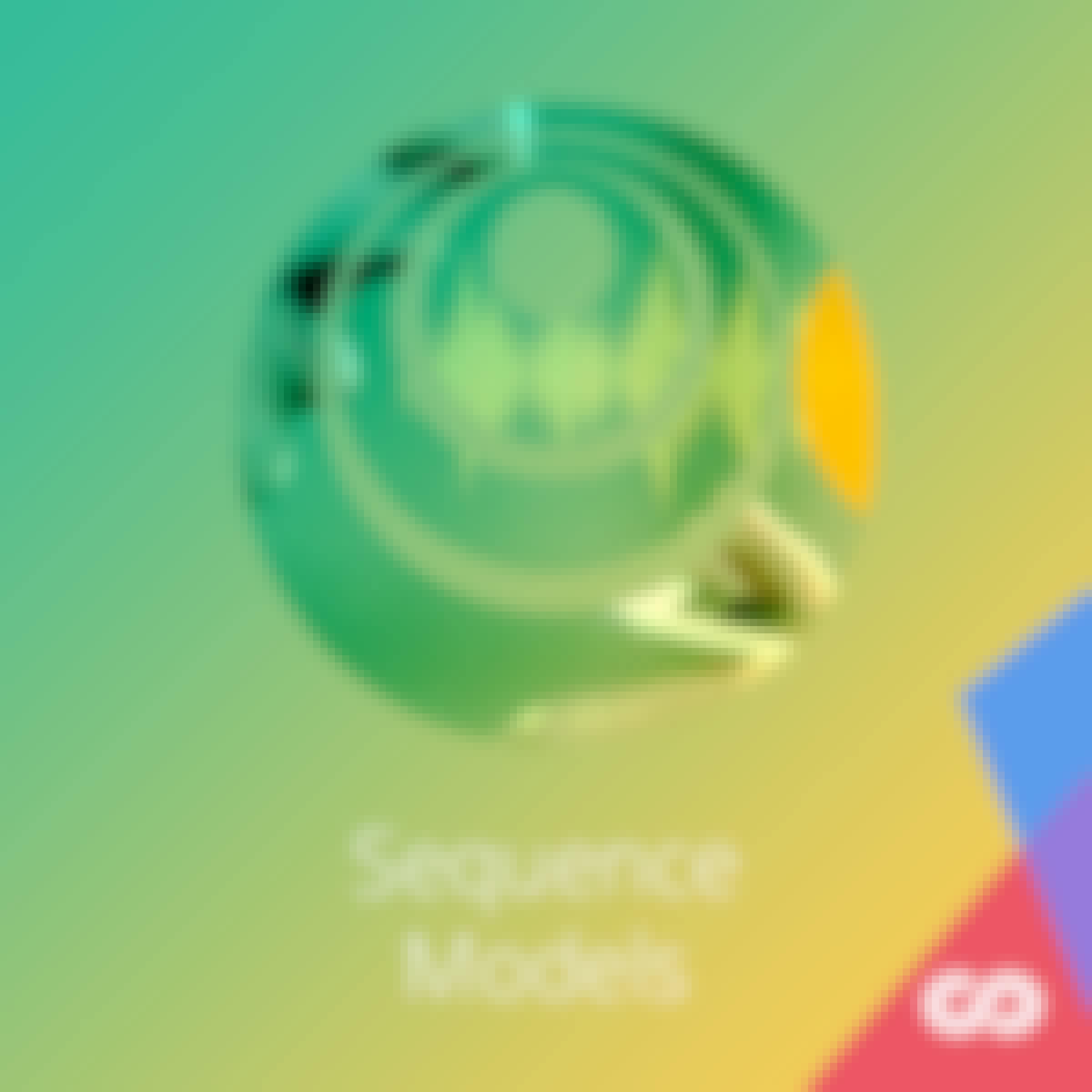Filter by
SubjectRequired
LanguageRequired
The language used throughout the course, in both instruction and assessments.
Learning ProductRequired
LevelRequired
DurationRequired
SkillsRequired
SubtitlesRequired
EducatorRequired
Results for "modélisation mathématique"
 Status: Free Trial
Status: Free TrialSkills you'll gain: Time Series Analysis and Forecasting, SAS (Software), Forecasting, Regression Analysis, Applied Machine Learning, Statistical Analysis, Advanced Analytics, Statistical Methods, Predictive Modeling, Statistical Modeling, Bayesian Statistics, Artificial Neural Networks
 Status: Preview
Status: PreviewLudwig-Maximilians-Universität München (LMU)
Skills you'll gain: Finite Element Methods, Numerical Analysis, Engineering Analysis, Jupyter, Differential Equations, Applied Mathematics, Mathematical Modeling, Python Programming, Mechanics, Vibrations, Linear Algebra, Simulations

The Chinese University of Hong Kong
Skills you'll gain: Debugging, Mathematical Modeling, Operations Research, Combinatorics, Graph Theory, Algorithms, Geometry, Data Structures

Skills you'll gain: Computational Thinking, Theoretical Computer Science, Mathematical Modeling, Dataflow, Mathematical Theory & Analysis, Systems Analysis, Performance Testing, Embedded Systems, Graph Theory, Technical Communication
 Status: Free Trial
Status: Free TrialUniversity of Colorado Boulder
Skills you'll gain: Statistical Modeling, R Programming, Data Analysis, Data Ethics, Statistical Methods, Regression Analysis, Predictive Modeling, Machine Learning, Classification And Regression Tree (CART), Statistical Inference, Probability Distribution, Linear Algebra, Calculus
 Status: Free Trial
Status: Free TrialHoward University
Skills you'll gain: Regression Analysis, Predictive Modeling, Statistical Modeling, Supervised Learning, Scikit Learn (Machine Learning Library), Applied Mathematics, Machine Learning Methods, Linear Algebra, Small Data, Statistical Analysis, NumPy
 Status: Free Trial
Status: Free TrialJohns Hopkins University
Skills you'll gain: Calculus, Applied Mathematics, Trigonometry, Mathematical Modeling, Algebra, Derivatives, Geometry
 Status: NewStatus: Free Trial
Status: NewStatus: Free TrialDartmouth College
Skills you'll gain: Simulation and Simulation Software, Digital Transformation, Systems Thinking, Complex Problem Solving, Operations Research, Predictive Analytics, Data-Driven Decision-Making, Verification And Validation, Process Optimization, Data Integration, Risk Management, Python Programming, Event-Driven Programming, Probability & Statistics, Performance Analysis

EIT Digital
Skills you'll gain: Computational Logic, Markov Model, Verification And Validation, Theoretical Computer Science, Mathematical Modeling, Systems Analysis, Probability, Algorithms, Graph Theory, Probability Distribution

Coursera Project Network
Skills you'll gain: Finite Element Methods, Simulation and Simulation Software, Cloud Engineering, Engineering Analysis, Simulations, Mechanical Design, Engineering Design Process, Verification And Validation
 Status: Preview
Status: PreviewDeepLearning.AI
Skills you'll gain: Natural Language Processing, Deep Learning, Generative AI, Tensorflow, PyTorch (Machine Learning Library), Artificial Neural Networks, Artificial Intelligence and Machine Learning (AI/ML), Applied Machine Learning, Machine Learning, Machine Learning Algorithms, Algorithms, Network Architecture
In summary, here are 10 of our most popular modélisation mathématique courses
- Modeling Time Series and Sequential Data: SAS
- Computers, Waves, Simulations: A Practical Introduction to Numerical Methods using Python: Ludwig-Maximilians-Universität München (LMU)
- Advanced Modeling for Discrete Optimization: The Chinese University of Hong Kong
- Quantitative Formal Modeling and Worst-Case Performance Analysis: EIT Digital
- Generalized Linear Models and Nonparametric Regression: University of Colorado Boulder
- Building Regression Models with Linear Algebra: Howard University
- Calculus through Data & Modeling: Differentiation Rules: Johns Hopkins University
- Simulation for Digital Transformation: Dartmouth College
- Quantitative Model Checking: EIT Digital
- Finite Element Analysis Convergence and Mesh Independence: Coursera Project Network










